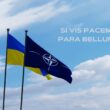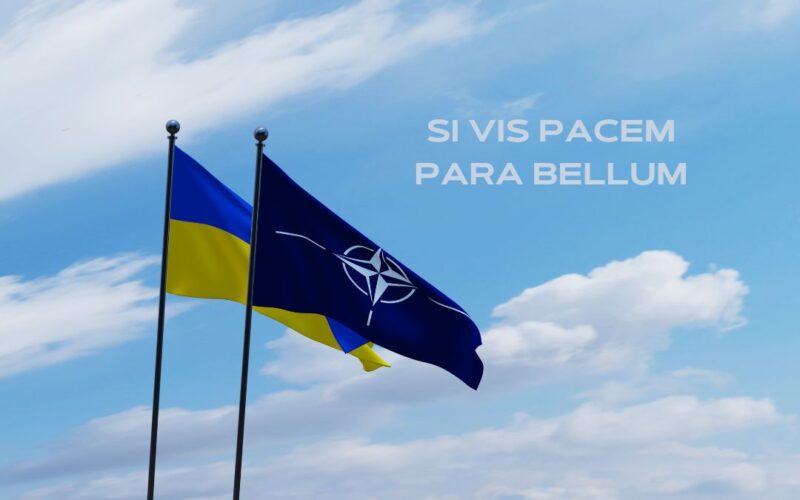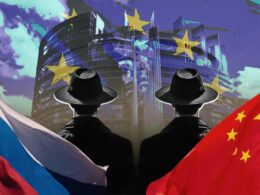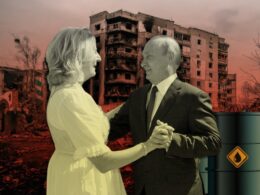Russia denies Ukraine’s right to sovereignty. Fortunately, the bravery of the Ukrainian people stopped its attempts to subjugate this country.
For two and a half years now, Ukrainians have fiercely defended their homeland, and it is clear that they will never submit to Russian tyranny. However, without the help of allies, the war could drag on for years, undermining stability in Europe.
Furthermore, a militaristic Russia poses a threat not only to Ukraine but to the entire world. The war that Russia has initiated has already resulted in global unrest, particularly by increasing the cost of energy resources and food, as well as by jeopardising nuclear security. Russia destabilises the global order by violating the fundamental principles of international law.
To promote peace, Ukraine’s allies must organise global support for a peace agreement based on fundamental principles of international law, as well as strengthen Ukraine’s positions on the battlefield by providing long-term security guarantees and outlining a clear path to NATO membership.
This summer, Ukrainian President Zelensky gathered representatives from over 90 countries in Switzerland to garner support for his ten-point peace formula. It advocates for the complete withdrawal of Russian troops, enhancement of nuclear safety, and mitigation of the war’s environmental repercussions.
Global pressure plays a critically important role in achieving this goal, but strong security guarantees are also necessary for lasting peace. Russia has repeatedly demonstrated disregard for international law and basic human rights; it violates treaties and commits numerous war crimes, so the world cannot rely solely on Putin’s promises. The outcome of the war will depend on Ukraine’s ability to defend itself.
The nearest priority is to improve Ukraine’s positions on the battlefields. Ukraine has every right to use long-range weapons to strike these targets and to enter Russian territory to prevent further attacks, given that Russian missiles and drones continue to kill civilians across the country. These capabilities’ limitations are essentially equivalent to asking someone to fight with one hand tied behind their back. Allies must remove any lingering limitations on the types of weapons provided and their applications.
More than just security guarantees will be required to prevent Russia from establishing peace on his terms. Ukraine’s allies need to expand their support by taking steps such as training Ukrainian forces on the country’s territory, as well as involving civilian contractors or specialised military units to repair equipment on-site. Neighbouring allied countries could extend the air defence shield to Western Ukraine to intercept Russian missiles and drones. This would enable Ukraine to redeploy air defence systems to the front line, thereby saving civilian lives.
However, the only way to guarantee long-term peace and security in Europe is to accept Ukraine into NATO. Leaving Ukraine in the ambiguity between Russia and NATO will only intensify instability, aggression, and violence. NATO leaders must act decisively by offering Ukraine a path to membership. This does not mean that Ukraine will immediately join NATO, but such a commitment would send a powerful signal to Putin: his war will not hinder Ukraine’s future membership.
The ancient Roman proverb “if you want peace, prepare for war” (“si vis pacem, para bellum”) should guide Ukraine and its allies as they confront an extremely militarised, revanchist Russia. Over the past two and a half years, the Ukrainian people have shown unwavering determination to defend their freedom. However, the international community must exhibit the courage and fortitude required to support and maintain lasting peace.








